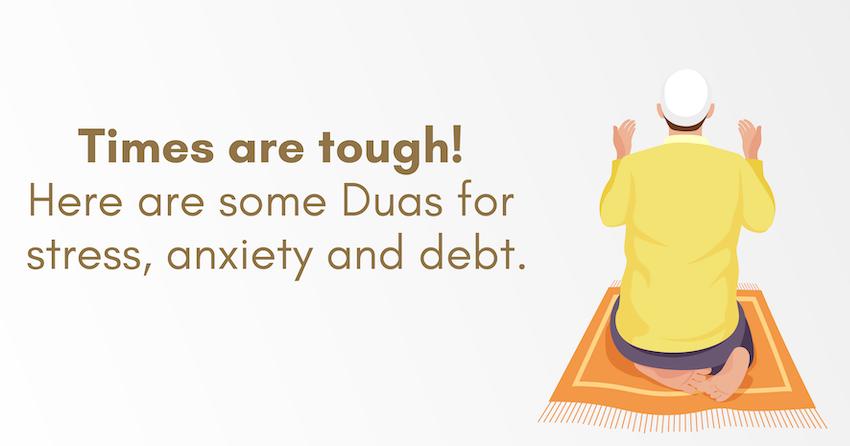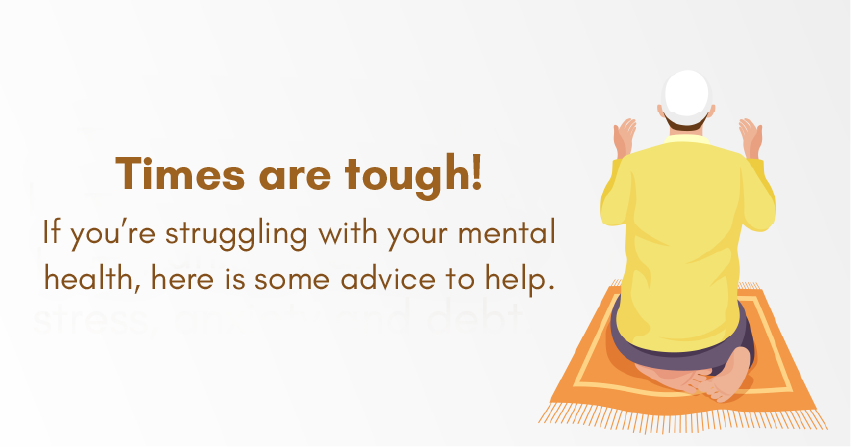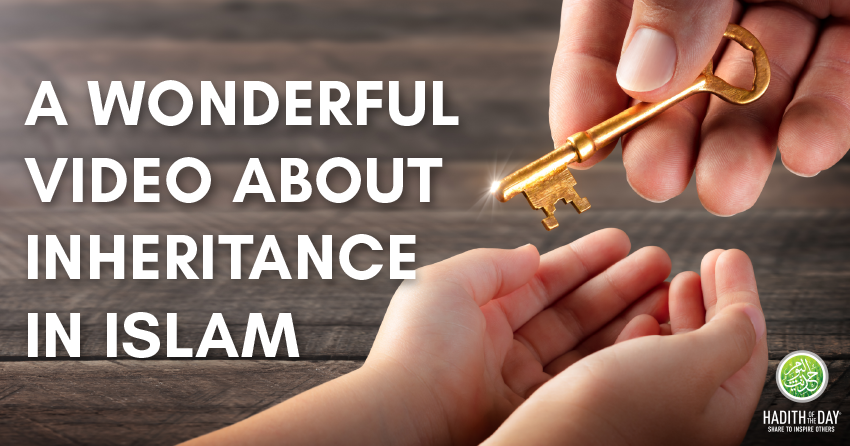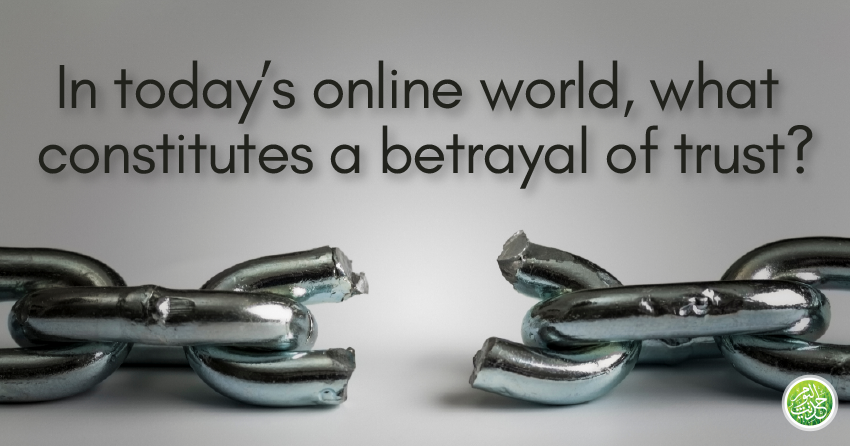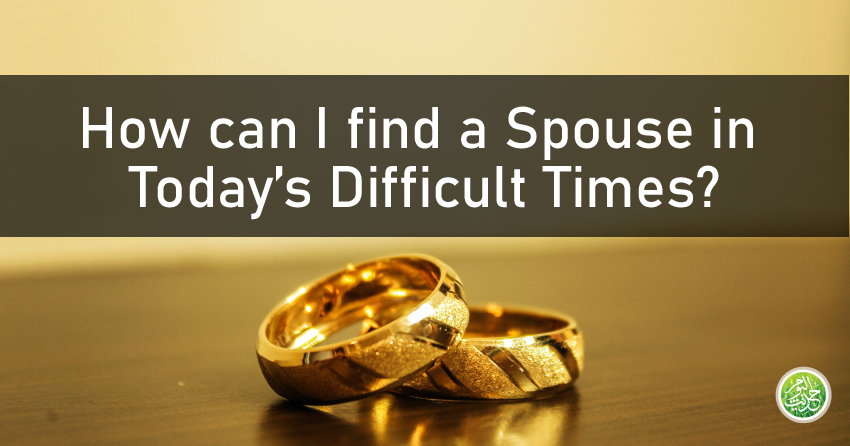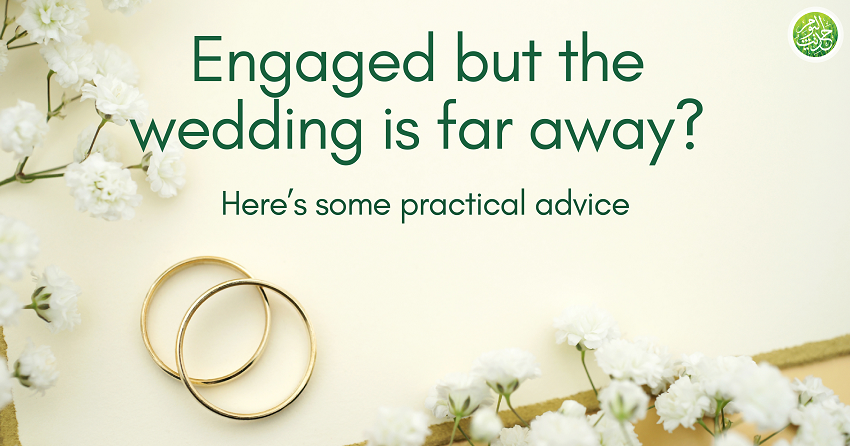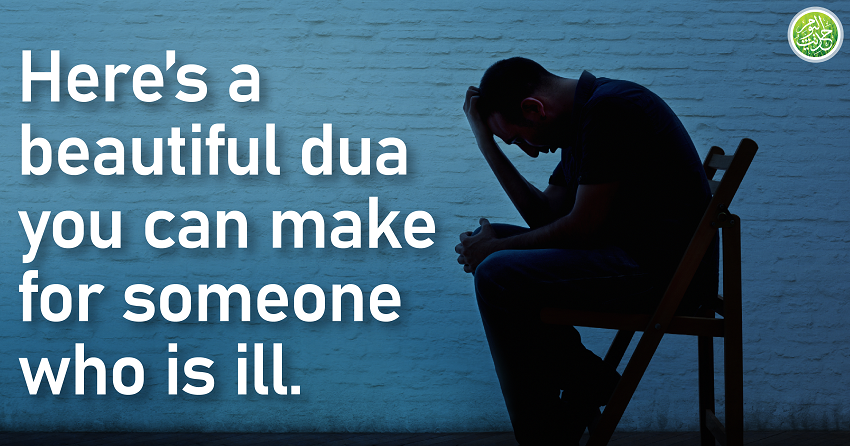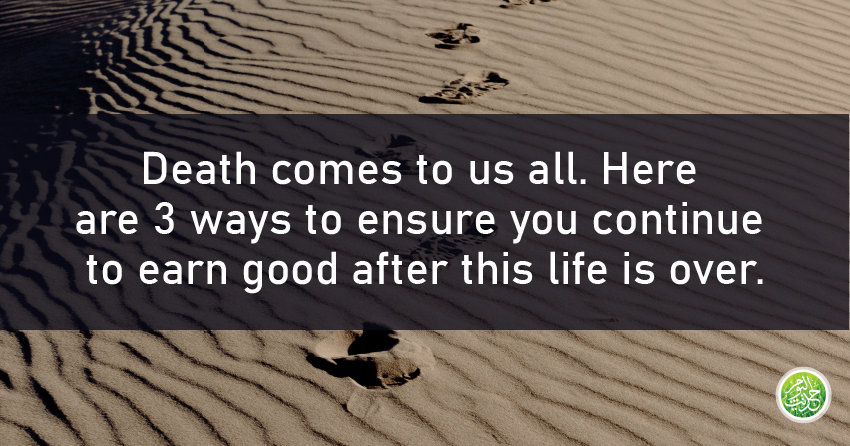My husband is impotent. Can I get a divorce?

Question: Assalamu alaykum
My husband is fertile but impotent. His problem has increased over the years but now he is unable to do sex at all. He has not touched me for 6 months. We have no companionship as well and he avoids me most of the time.
Should I get divorce?
Answer: As-salam ‘alaykum wa rahmatullah wa barakatuh
I pray you are well.
Consequences of Divorce
Divorce is a door Allah has left open for believers when marriages are not working. Instead of having daily duels, it is better at times to part ways to prevent greater harm. Allah counselled the believing men on this point, ‘live with [you wives] with universally recognised goodness, or part from them with excellence.’ (4:19).
A toxic marriage has a very detrimental effect on the children who grow up around parents who constantly argue, or worse. Parting is a better choice if things cannot be rectified.
However, divorce is also a not always the best choice. The effect of it is noticeable on children from broken homes except in the cases where Allah blesses the former spouses to out their feelings aside, and work towards that which is beneficial for the children. The worst cases are when the children are used against one parent or the other.
Parting also has a number of other complications. such as custody of the children, financially supporting yourself, etc. All these factors need to considered. Sometimes in the heat of a difficult situation things may seem worse than they actually are.
Seeking help
It goes without saying that the first thing to do in all troubling matters is to head to the prayer mat, perform two units of prayer, and beg Allah for help, clarity, and guidance. This is why the test is there in the first place: to turn to Allah with everything. Asking Allah for the best resolution is the most important practical step you can take.
Beyond this, you should ask advice from people of insight who have the wellbeing of your family at heart, and professionals who can try to help resolve the issues. Maybe they can encourage your husband to seek medical help and therapy to resolve his issues, and to help resolve the other relationship issues you have. You can look into other permissible means by which he can fulfil your needs.
Should the above efforts fail, and if you feel that remaining in the marriage would be detrimental to you then it is permissible to seek a divorce. This should be done in consultation with a reliable local scholar.
May Allah facilitate the matter for you in the way which is best for you all.
Wassalam,
[Shaykh] Abdul-Rahim Reasat
Shaykh Abdul-Rahim Reasat began his studies in Arabic Grammar and Morphology in 2005. After graduating with a degree in English and History he moved to Damascus in 2007 to study and sit at the feet of some of the most erudite scholars of our time.
Over the following eighteen months he studied a traditional curriculum, studying with scholars such as Shaykh Adnan Darwish, Shaykh Abdurrahman Arjan, Shaykh Hussain Darwish and Shaykh Muhammad Darwish.
In late 2008 he moved to Amman, Jordan, where he continued his studies for the next six years, in Fiqh, Usul al-Fiqh, Theology, Hadith Methodology and Commentary, Shama’il, and Logic with teachers such as Dr Ashraf Muneeb, Dr Salah Abu’l-Hajj, Dr Hamza al-Bakri, Shaykh Ahmad Hasanat, Dr Mansur Abu Zina amongst others. He was also given two licences of mastery in the science of Qur’anic recital by Shakh Samir Jabr and Shaykh Yahya Qandil.
His true passion, however, arose in the presence of Shaykh Ali Hani, considered by many to be one of the foremost tafsir scholars of our time who provided him with the keys to the vast knowledge of the Quran. With Shaykh Ali, he was able to study an extensive curriculum of Qur’anic Sciences, Tafsir, Arabic Grammar, and Rhetoric.
When he finally left Jordan for the UK in 2014, Shaykh Ali gave him his distinct blessing and still recommends students in the UK to seek out Shaykh Abdul-Rahim for Quranic studies. Since his return he has trained as a therapist and has helped a number of people overcome emotional and psychosomatic issues. He is a keen promoter of emotional and mental health.
Proudly brought to you by Seekers Hub, more Seekers Hub can be found at http://seekershub.org/answers/hanafi-fiqh/husband-impotent-can-get-divorce/
Since You’re Here… we have a small favour to ask.
In these extraordinary times, millions rely on HOTD for daily uplifting & inspiring content. Established since 2009 and with your kind support we’ve seen readers elevate their Imaan & strive for better on a daily basis. We’re committed to keeping our content freely available and open for all readers. Every contribution, however big or small, makes a difference and help us spread knowledge to millions daily
HOTD is something special, it’s a place where people can come to be inspired, to renew their faith, to learn and share knowledge, to fall in love with our faith and also our Prophet (peace and blessings be upon him and his family).
All content on HOTD is free. We believe what we do in this life builds for the next one and we work tirelessly with the aim to please Allah and inspire the global Muslim community as
well as providing information and inspiration for anyone interested in Islam. We simply cannot do this without your support and your support helps us continue our services.
If there were ever a time to join us, it is now. You can support HOTD and help sustain our future. Support Hadith of the Day and make a one-off donation or give regularly from as little as £10 a month Jazak’Allah Khayr – whatever you donate will come back to benefit you Insha’Allah as whatever is spent in the way of Allah is an investment in the future and the next life. Thank you.


























